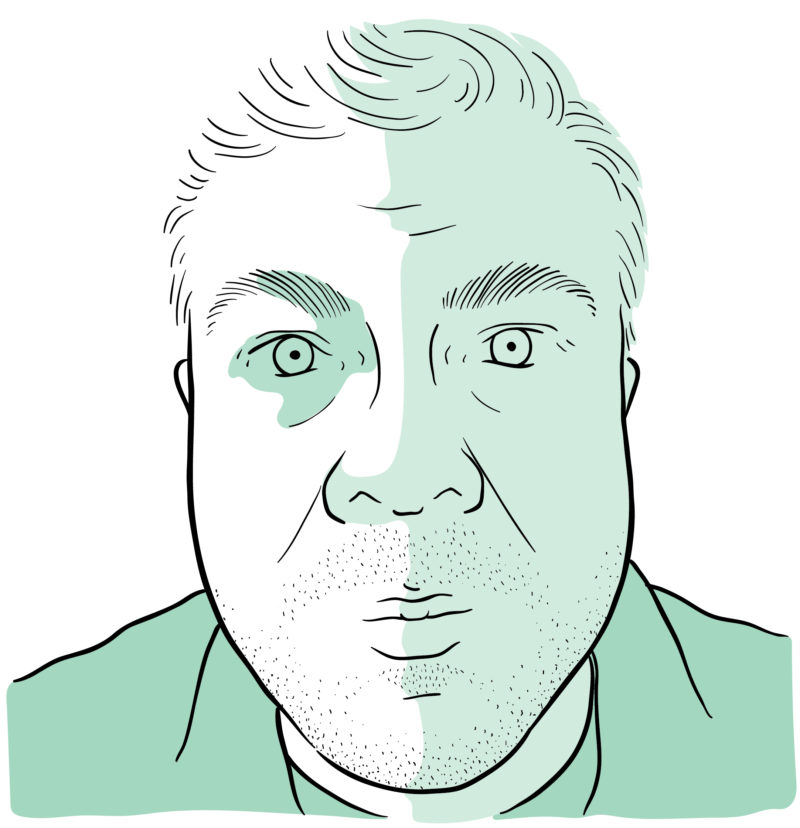How do you know what you think you know? This question—with that emphasis—is, I think, at the heart of criticism. Taking as a given the journalistic or scholarly aspects of criticism (dates, names, facts and figures, and where and how a particular work fits within a recognized continuum), criticism gets interesting when the critic interrogates their own ideas, their certainty about the rightness or wrongness of a given text, a certain epoch, the current temperature of society. If we can agree that our minds are a terra incognita, a tricky terrain we must make sense of whenever we have to gather our thoughts, then we can agree on how essential rigor is for simply figuring out what it is we mean to say. This commitment to avoiding gesture or simplification—this cussedness about sitting cross-armed until the melding layers of what we think and perceive are dissected and named—is the only way of demarcating the landscape. These six books—fabulous maps, if you will, unique to their authors—have proved helpful to me in this regard. They taught me how to pick my way through this territory and recognize what I see. What matters is not planting your flag on a book or an event under consideration, but staking a claim to that patch of you that remainswithout form or shape until you describe it into being.
The War against Cliché: Essays and Reviews, 1971–2000—Martin Amis (2001)
Though best known for his fiction, Amis is a splendid writer of nonfiction of all stripes—memoir, reportage, and the perfectly tuned book review. Beyond spurring a critic to write as respectable a sentence as they can after encountering his gleaming prose, Amis flaunts the wallop of well-deployed discrimination when it’s in the service of elevating the dismissed (see his piece on the genius of Elmore Leonard) and of deflating the hyped (see his ruthless destruction of the idea that a Thomas Harris novel could be considered literature). The biting specificity of his assessment is worth considering, if not emulating.
Awake in the Dark: The Best of Roger Ebert: Forty Years of Reviews, Essays, and Interviews—Roger Ebert (2006)
Ebert’s satisfyingly incisive reviews are partly the result of pressure, of being forced to say something intelligent and worthwhile under deadline. This pressure forms discipline. When you’re on deadline, you must inspect your thoughts as if they’re coming...
You have reached your article limit
Sign up for a digital subscription and continue reading all new issues, plus our entire archives, for just $1.50/month.
Already a subscriber? Sign in





